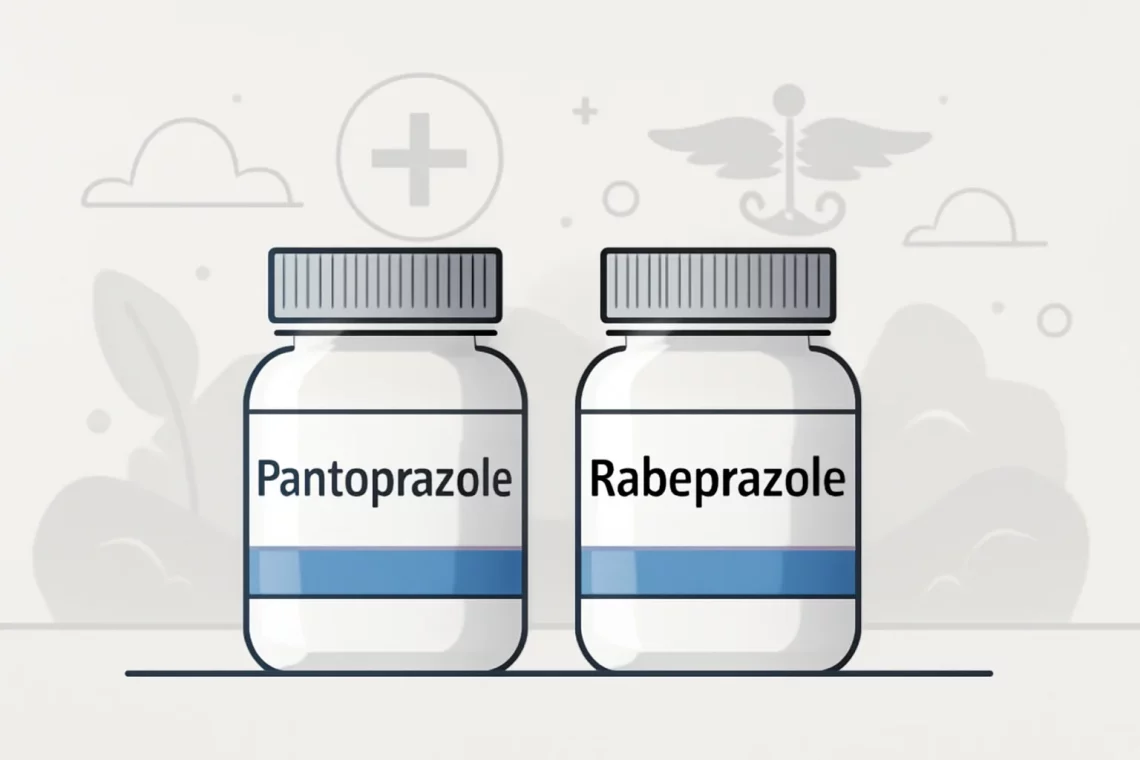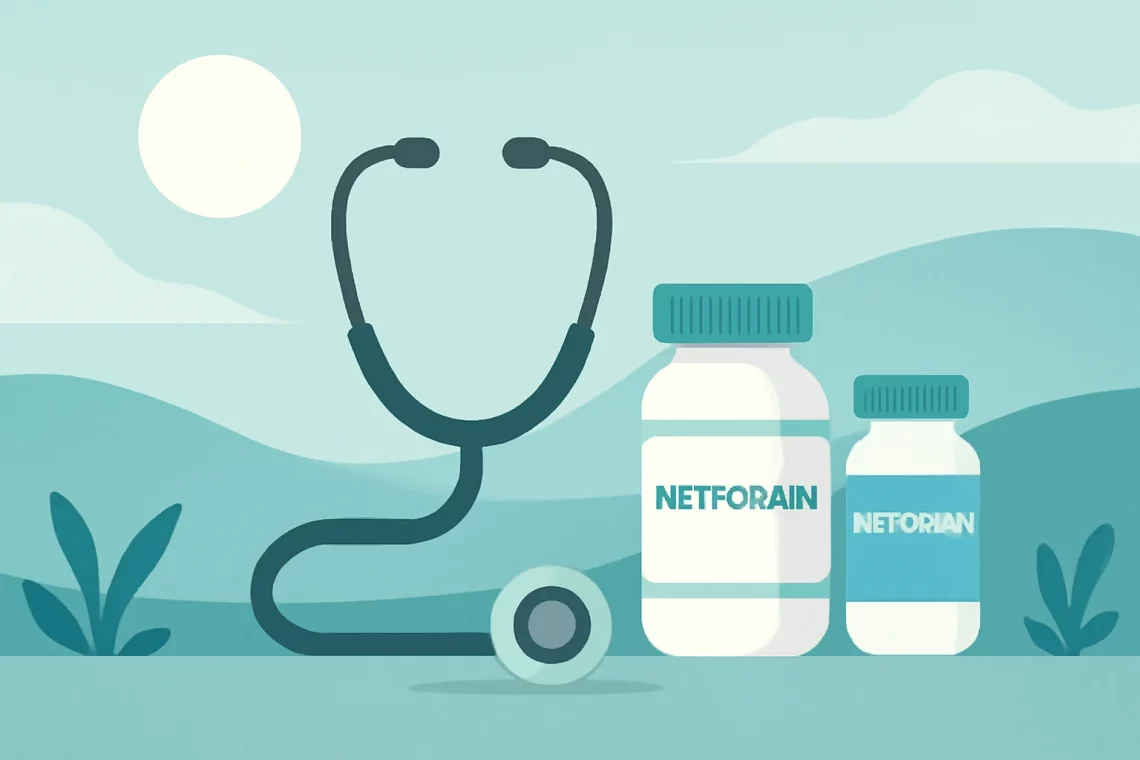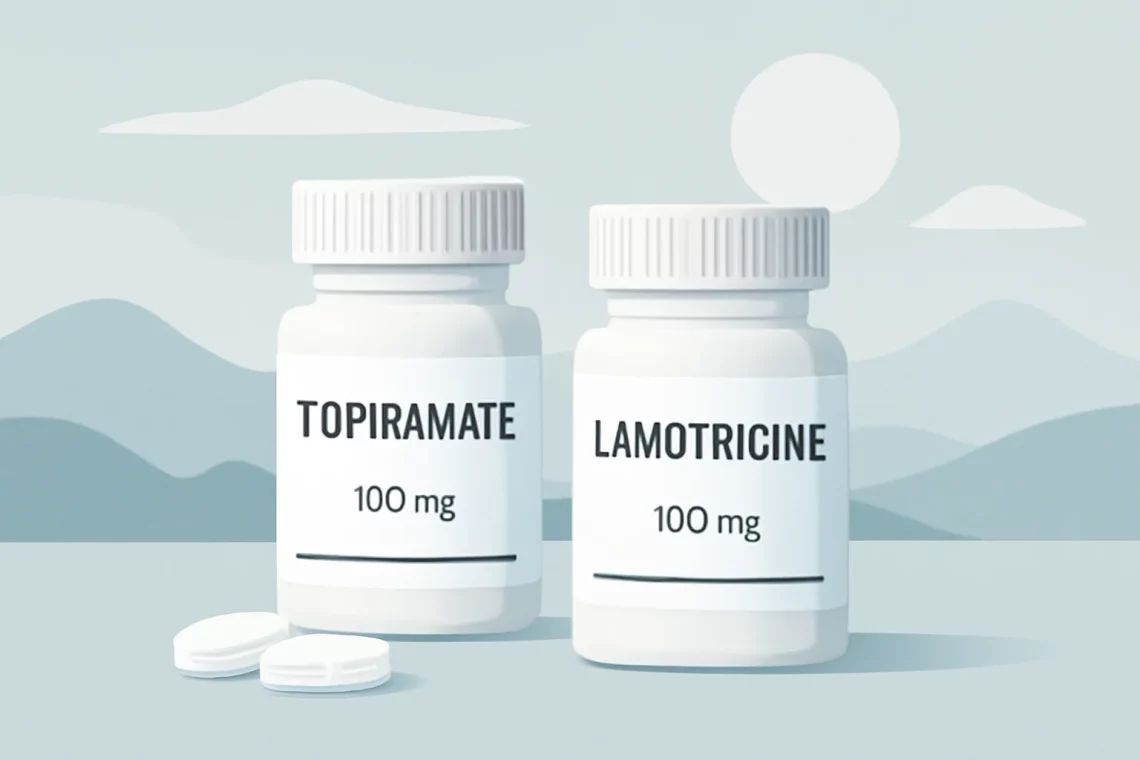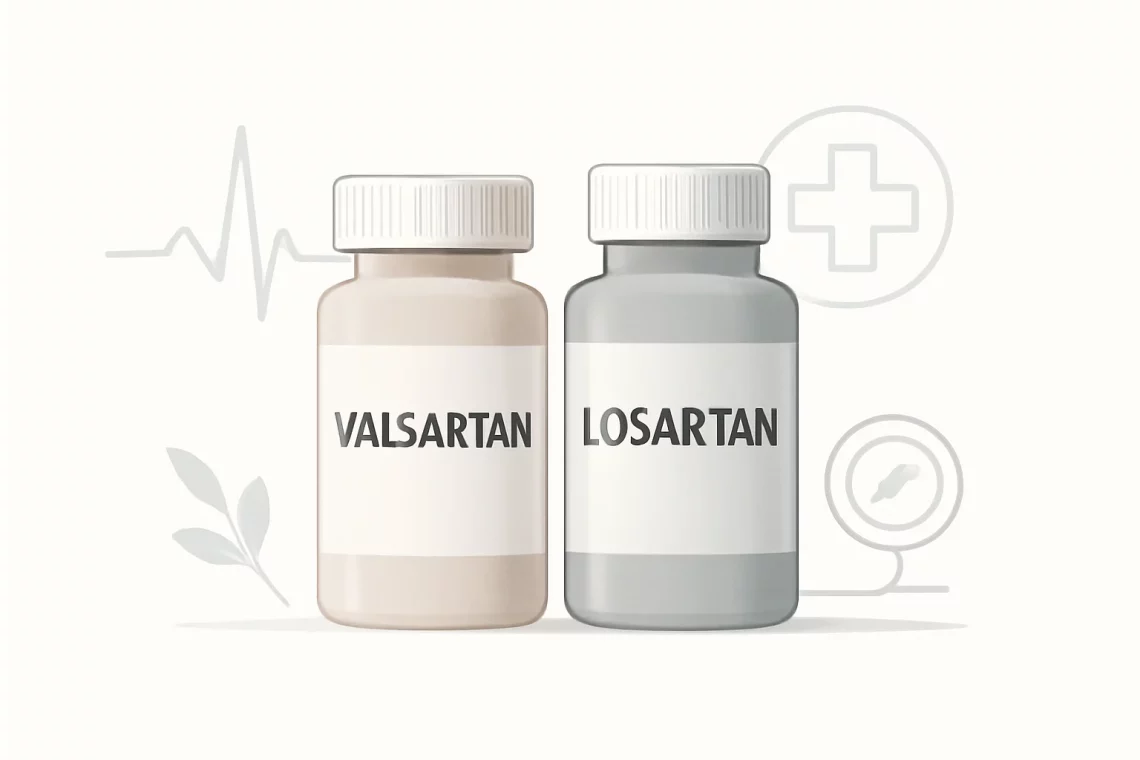-
Glipizide vs Glyburide: Which Diabetes Medication is Right for You?
Glipizide and glyburide are two widely prescribed medications used to manage type 2 diabetes. Both belong to a class of drugs known as sulfonylureas, which work by stimulating the pancreas to release insulin, thereby lowering blood sugar levels. Diabetes is a chronic condition that affects millions of people worldwide, and effective management is crucial for preventing complications associated with the disease. As the prevalence of diabetes continues to rise, understanding the various treatment options becomes increasingly important. While both glipizide and glyburide serve the same purpose, they possess distinct characteristics, mechanisms of action, and side effect profiles. This creates a scenario where patients and healthcare providers must weigh the options…
-
Amitriptyline vs Nortriptyline: Choosing the Right Antidepressant
Amitriptyline and Nortriptyline are two medications that have garnered attention in the field of mental health and pain management. Both drugs belong to a class known as tricyclic antidepressants (TCAs), which were among the first types of antidepressants developed. Despite their similar origins, these two medications have distinct properties, uses, and side effects that make them suitable for various patient needs. Understanding the differences and similarities between Amitriptyline and Nortriptyline can be crucial for patients and healthcare providers alike. As mental health awareness continues to rise, more individuals seek effective treatments for conditions such as depression, anxiety, and chronic pain. These medications are often considered as part of a comprehensive…
-
Pantoprazole vs Rabeprazole: Key Differences and Uses Explained
Pantoprazole and rabeprazole are two medications that belong to a class of drugs known as proton pump inhibitors (PPIs). These medications are primarily used to treat various gastrointestinal disorders, including gastroesophageal reflux disease (GERD), peptic ulcers, and Zollinger-Ellison syndrome. By inhibiting the proton pump in the stomach lining, both pantoprazole and rabeprazole effectively reduce the production of stomach acid, providing relief from symptoms associated with excess acidity. While both medications serve similar purposes and are often prescribed for comparable conditions, they differ in their chemical composition, pharmacokinetics, and potential side effects. Understanding these differences can help patients and healthcare providers make informed decisions about which medication might be more suitable…
-
Wellbutrin vs Zoloft: Choosing the Right Antidepressant for You
Depression and anxiety are increasingly common mental health issues affecting millions of people worldwide. As awareness of these conditions grows, so does the search for effective treatments. Among the various options available, two medications often discussed are Wellbutrin and Zoloft. Both are prescribed to help manage depression, but they work in different ways and have distinct profiles in terms of side effects, effectiveness, and mechanisms of action. Wellbutrin, known generically as bupropion, is an atypical antidepressant that primarily affects the neurotransmitters dopamine and norepinephrine. It is often chosen for patients who struggle with fatigue and low motivation, as it can help boost energy levels and improve mood without the weight…
-
Metformin vs Tradjenta: Which Diabetes Medication is Right for You?
Metformin and Tradjenta are two medications commonly used in the management of type 2 diabetes. Each serves a unique purpose and has a distinct mechanism of action, making them valuable tools in the treatment landscape for those managing blood sugar levels. Metformin, a biguanide, has been a staple in diabetes management for many years, primarily known for its effectiveness in lowering glucose production in the liver and improving insulin sensitivity. On the other hand, Tradjenta, or linagliptin, belongs to a newer class of diabetes medications known as DPP-4 inhibitors, which help increase insulin levels after meals and decrease the amount of glucose produced by the liver. As the prevalence of…
-
Ciprofloxacin vs Levaquin: Understanding Their Differences and Uses
Ciprofloxacin and Levaquin are two widely used antibiotics, both belonging to the fluoroquinolone class of medications. These drugs are often prescribed to treat bacterial infections, ranging from urinary tract infections to respiratory conditions. Despite their similarities, each medication has its own unique characteristics, indications, and potential side effects. Understanding the differences and applications of Ciprofloxacin and Levaquin can help patients and healthcare providers make informed decisions about treatment options. While both medications target bacterial infections, they may vary in effectiveness depending on the type of bacteria involved and the severity of the infection. Furthermore, the choice between these antibiotics may also depend on the patient’s medical history, potential drug interactions,…
-
Trazodone vs Ambien: Which Sleep Aid Is Right for You?
Sleep disorders have become increasingly prevalent in today’s fast-paced world, where stress and anxiety often interfere with a good night’s rest. As individuals seek solutions to their sleep-related issues, various medications have emerged as popular treatments. Among these, Trazodone and Ambien are two commonly prescribed options, each with distinct mechanisms and applications. Understanding the differences between these medications is crucial for those considering them as part of their sleep management strategy. Both Trazodone and Ambien have gained recognition for their effectiveness in promoting sleep, yet they operate in unique ways and cater to different patient needs. Trazodone, originally developed as an antidepressant, has been found to have sedative properties that…
-
Topiramate vs Lamotrigine: Choosing the Right Treatment Option
The choice between topiramate and lamotrigine is an important consideration for individuals dealing with epilepsy, mood disorders, or other neurological conditions. Both medications play a significant role in managing seizures and stabilizing mood, yet they operate through different mechanisms and come with distinct profiles of efficacy and side effects. Understanding these differences is crucial for patients and healthcare providers alike, as it can impact treatment outcomes and overall quality of life. Topiramate, an anticonvulsant, is renowned for its efficacy in seizure control and is often prescribed for conditions like migraines and bipolar disorder. Lamotrigine, on the other hand, is primarily utilized for its mood-stabilizing properties, particularly in the treatment of…
-
Topiramate vs Lamotrigine: Which Medication Is Right for You?
Topiramate and lamotrigine are two medications commonly prescribed for the treatment of various neurological and psychiatric conditions, particularly epilepsy and bipolar disorder. Both of these drugs have gained recognition for their effectiveness in managing symptoms, but they differ significantly in their mechanisms of action, side effects, and therapeutic uses. Understanding these differences is crucial for patients and healthcare providers when deciding on the most appropriate treatment plan. Topiramate, marketed under various brand names, is primarily used as an anticonvulsant and is also prescribed for migraine prevention. It works by stabilizing electrical activity in the brain, thereby reducing the frequency of seizures and migraine attacks. On the other hand, lamotrigine is…
-
Valsartan vs Losartan: Which Blood Pressure Medication is Right for You?
Valsartan and Losartan are two well-known medications primarily used to treat high blood pressure and other cardiovascular conditions. Both belong to a class of drugs called angiotensin II receptor antagonists, which work by blocking the action of a hormone that can cause blood vessels to constrict. This leads to a decrease in blood pressure and an overall improvement in heart health. While both medications share similar mechanisms and therapeutic benefits, they also possess distinct characteristics and differences that can influence a healthcare provider’s decision when prescribing them. As heart disease remains a leading cause of morbidity and mortality worldwide, understanding the nuances of such medications is crucial. Patients often find…






































